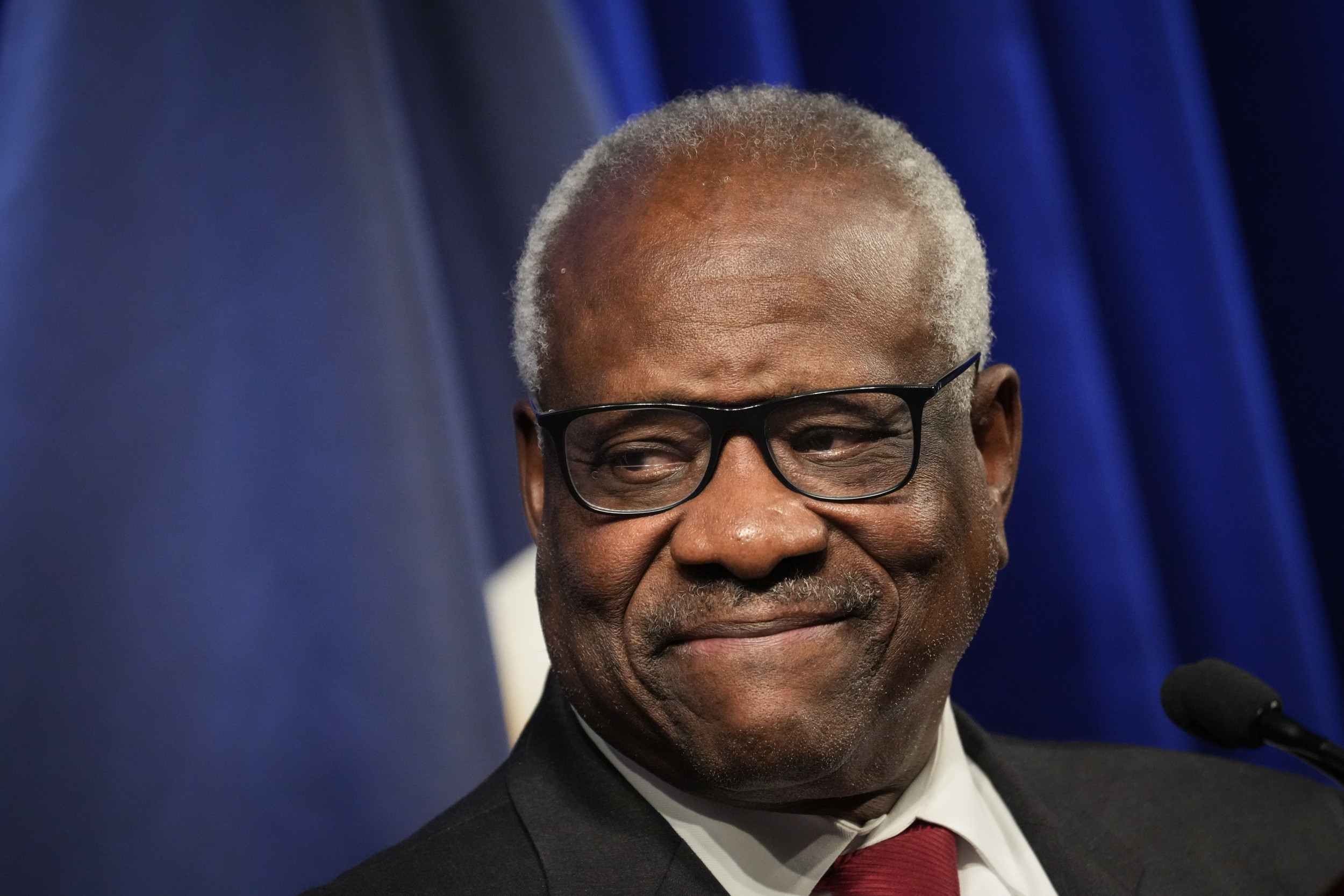
Supreme Court Declines to Rule on Social Media Laws: A Look at the Florida and Texas Cases
The Supreme Court declined to rule on two cases challenging state laws aimed at regulating social media companies' power to moderate content in a pair of decisions on July 1, 2024. The Florida law prevents platforms from permanently barring political candidates, while the Texas law prohibits removal of content based on user viewpoint.
The justices unanimously agreed to return the cases to lower courts for further analysis. In her opinion for the court, Justice Elena Kagan noted that neither lower appeals court had properly analyzed the First Amendment challenges to these laws and instructed them to do so while upholding the First Amendment.
Justice Clarence Thomas, in a concurring opinion, agreed with the decision but felt it was unnecessary for the Supreme Court to comment on constitutional arguments raised in these cases. He argued that such decisions should be left to other branches of government and that adjudicating facial challenges intrudes upon powers reserved to them.
The laws at issue were signed by Republican governors in 2021 after Facebook and Twitter suspended former President Donald Trump's accounts following the January 6 Capitol riot. Tech companies, represented by trade group NetChoice, argued that these laws were unconstitutional and gave the government too much control over First Amendment speech published on privately-owned sites.
The Supreme Court's decisions leave these laws in limbo for now. Lower courts will need to analyze the constitutional challenges raised in both cases before any definitive resolution can be reached.
In a separate development, President Joe Biden addressed the Supreme Court ruling from the White House on July 2, 2024. He warned of potential consequences if former President Donald Trump wins the election and gets to appoint more judges.
The Supreme Court's decisions in these cases have significant implications for free speech rights and social media regulation. As this story develops, it is essential to stay informed about any updates or rulings from the courts.



